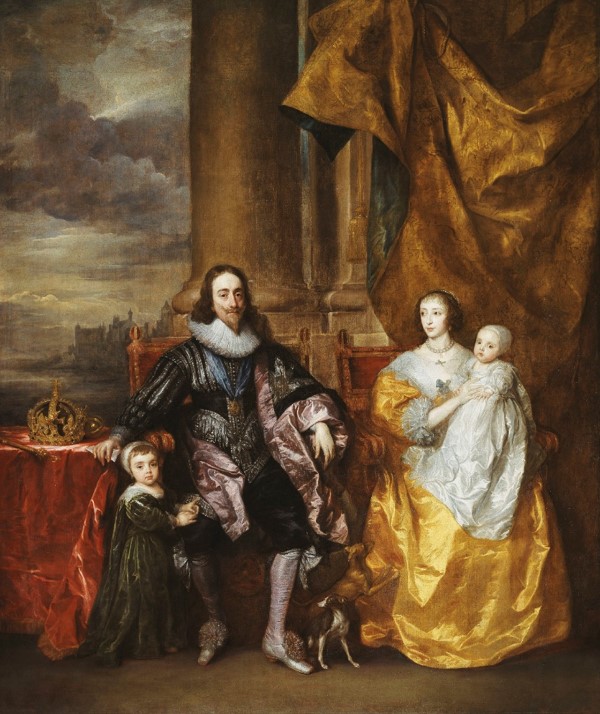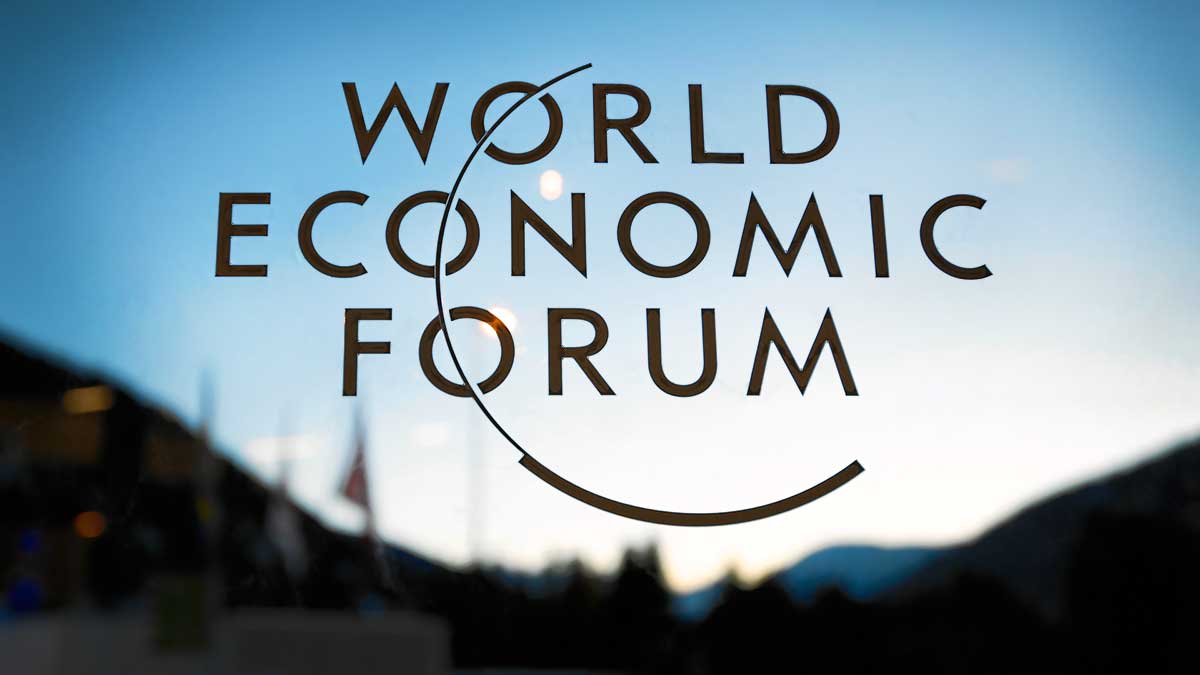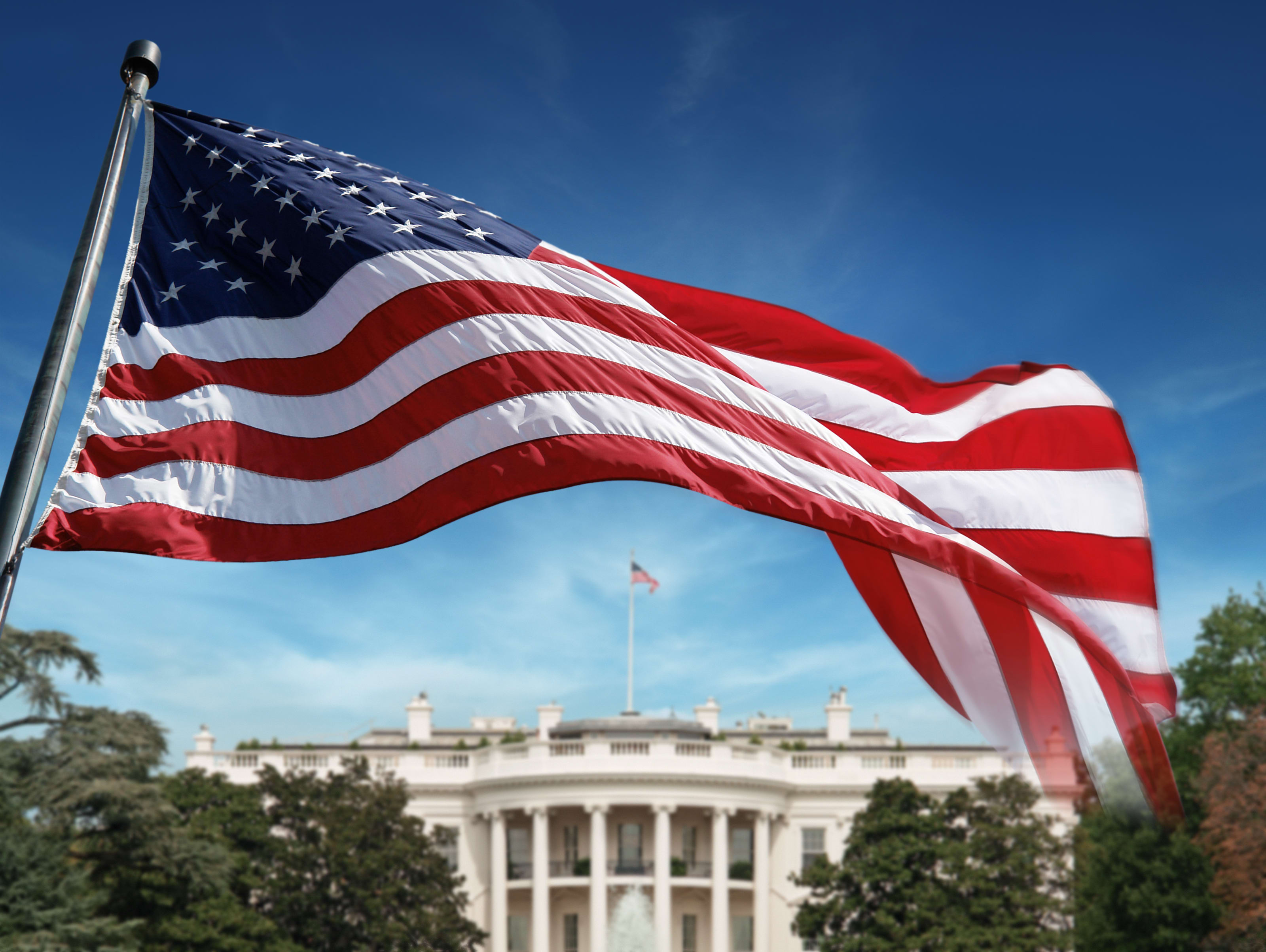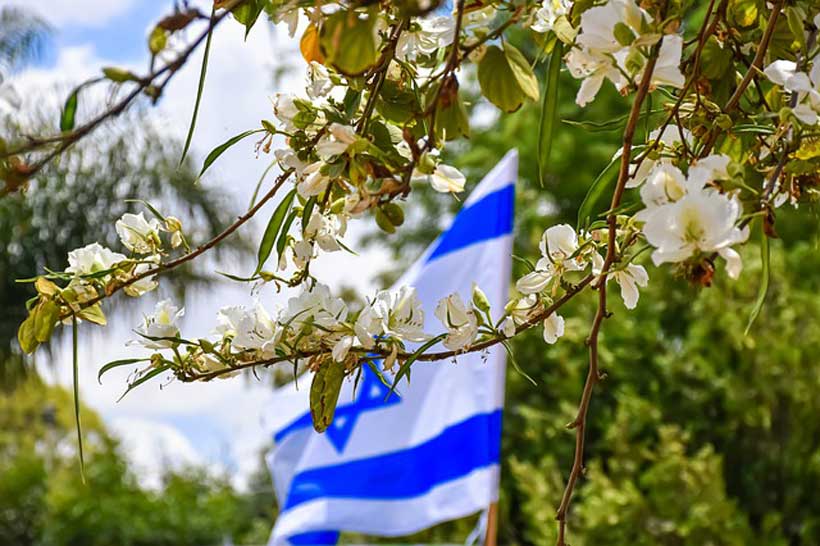The End of Imperial Diplomacy
ARGUMENT
The End of Imperial Diplomacy
An Eight-Step Program for a Recovering Superpower
By NICHOLAS KRALEV | OCTOBER 25, 2020
At the peak of American power and influence, President George H.W. Bush addressed the 1991 Madrid conference, where the United States brought together Israelis and Palestinians for the first time. Photo by U.S. National Archives.
The United States’ soft power and diplomatic influence have been waning for years, yet American officials have pretended that they run the world as if it’s the early 1990s. If they needed glaring proof that the country that achieved the greatest military and economic might in history is now a recovering superpower, the Covid-19 pandemic has provided it in spades.
Washington’s failure to lead a coordinated global response to the coronavirus — perhaps one similar to its efforts to fight the 2014 Ebola outbreak — and the disaster that has been its handling of the crisis at home have sent powerful signals to the world. The competence, ..
Author Q&A on the Birth of ‘Fake News’ a Century Ago
John Maxwell Hamilton, author of “Manipulating the Masses: Woodrow Wilson and the Birth of American Propaganda” (LSU Press), discussed his new book with RealClearPolitics.
So...
Nostalgia’s Role in Digital Diplomacy
Nostalgia is a basic human emotion. Strangely, it is a combination of two contradictory emotions- a sweet longing for the past and a pain...
The difference between Armenian and Azerbaijani lobbying activities in Europe
Both Armenia and Azerbaijan were looking for other ways than diplomacy to make their voices heard in Europe during the latest conflict between the...
The New Aesthetics of Leaders’ Images
Images of leaders have always played an important role in politics. Images can capture the supremacy of a king, the daring of a field marshal or the cunning of a shrewd politician. Indeed, Napoleon’s portrait, sitting upon a fiery steed and pointing to the alps, captures his audacity and ambitions. Yet images of world leaders can also carry important political messages. Take for example the image below of Charles I. Notably, the image focuses on the king, while the British Parliament is located firmly in the background. In this image, there is no question as to who actually rules Britannia. Notably, the image was taken but a few years prior to Charles’s beheading.
Image number 1: King Charles I
The image below is taken from the Palace of Versailles where every door, gate and mirror displayed Louis the 16th, the sun god (le Roi Soleil). Through these images, the dictum I am the State was made manifest. There was no doubt within the Palace as to where power resided. Not with the nobles..
Japan the Titan of Soft Power
Japan the titan of soft power is well recognized for its technological superiority, arts, aesthetics, and cuisines. Japan once avoided spreading its culture around its neighborhood in the fear of reviving the old wounds but after Japan ignited its public diplomacy it projected far superior power which could overshadow its grim past. Public diplomacy is […]
The post Japan the Titan of Soft Power appeared first on Modern Diplomacy.
Celebrity Diplomacy: Are they biting a bigger piece than they can chew?
In this book, Andrew Cooper who is a Political Scientist tries to analyses and assesses the role of celebrity into the world of Diplomacy which is changing its course from being state-centric to incorporating transnational and global elements. This book tries to capture the roles played by celebrities like movie stars, musicians, and CEOs who […]
The post Celebrity Diplomacy: Are they biting a bigger piece than they can chew? appeared first on Modern Diplomacy.
To harness the AI age, governments must keep these 7 factors in mind
Governments should weight AI and data competitiveness as heavily as other economic and social improvements.
Factors such as investment in research and tech...
US soft power
Some two decades after 9/11, November's U.S. presidential election sees two very different visions for the "war on terror." While terrorism is not the...
Israel and its Image After the 1967 War
Even as Israel preserves the geo-strategic strengths of its gains from the Six Day War, the Arabs are disempowered in this Arab-Israeli conflict and the Palestinians are dis-enfranchised, like never before














